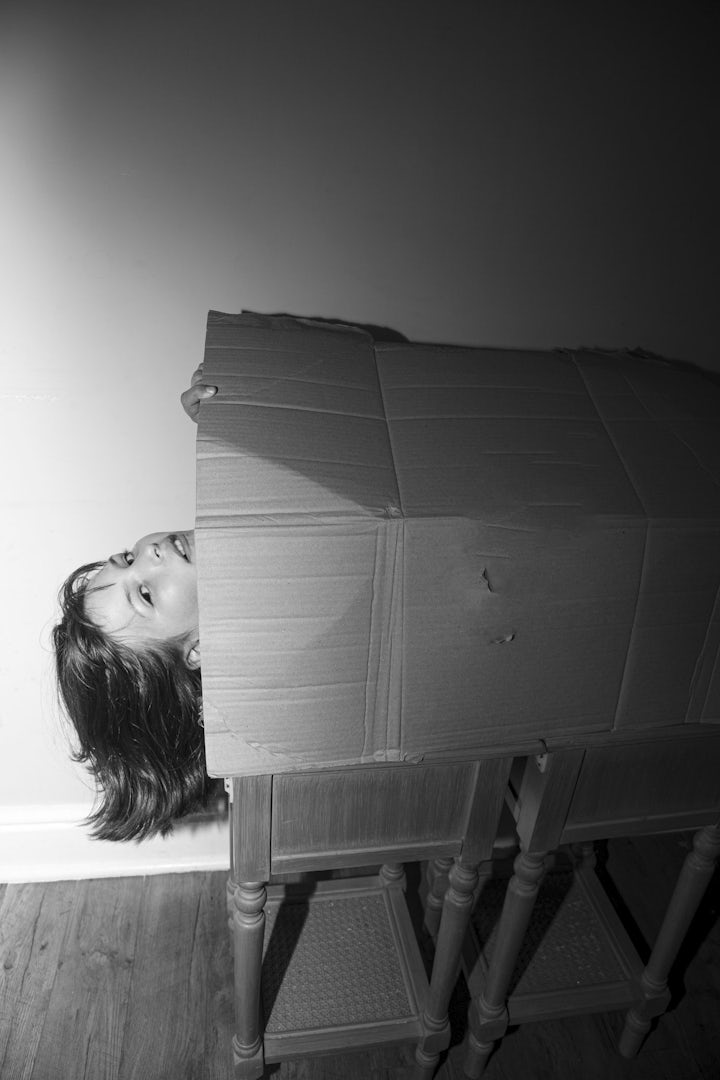Exposure: Ada Marino
Ada Marino’s enigmatic photographs draw on symbols from her southern Italian heritage to explore themes of patriarchy and the emancipation of women
In Ada Marino’s series Paterfamilas, constraint and discomfort are a persistent presence. A hand forcibly restrains a bird. Milk overflows from a glass. Broken dishes are piled high on a sideboard. Through these surreal, monochromatic scenes, Marino speaks to female oppression and her experience living in a patriarchal society.
“My grandmother was abused and denigrated by an authoritarian husband,” the Italian artist tells me from her home in Wales, where she moved to study. “Paterfamilias is informed by her story while revisiting my memories of living in a male-dominated family and culture. Women faced repression, a lack of space for personal fulfillment, an absence of economic independence and consequent punishments as acts of correction and discipline. Essentially, all freedoms are denied to create an ever-widening gender gap.”
Making domestic violence more visible is the driving force of Marino’s current work as a photographer, a career she only came to five years ago. Before this, she was a housewife, raising children and dedicating herself to her family and husband. Marino, who is 41, explains that exploring her creative potential has become the perfect antidote to a life dictated by patriarchy.
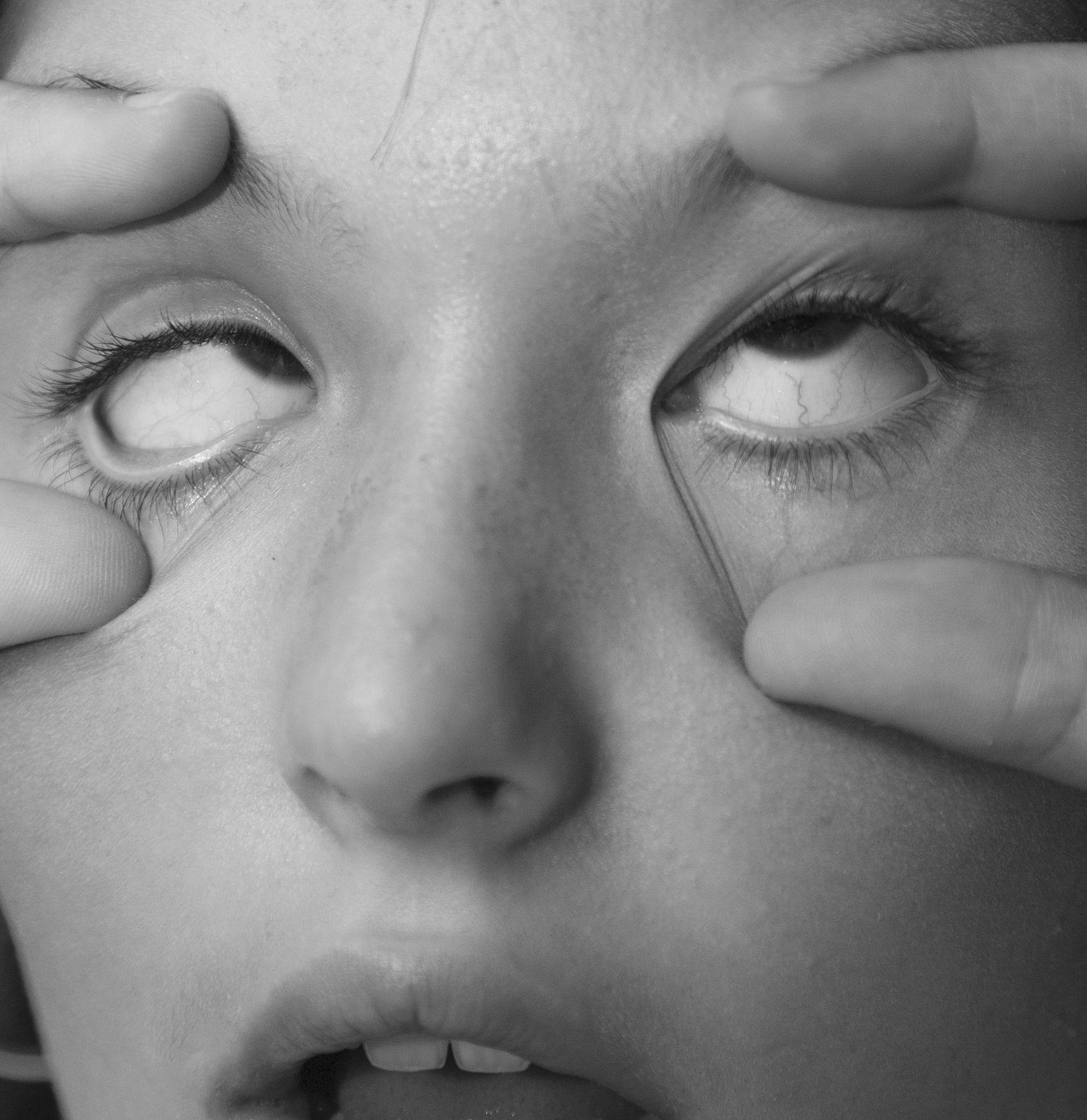
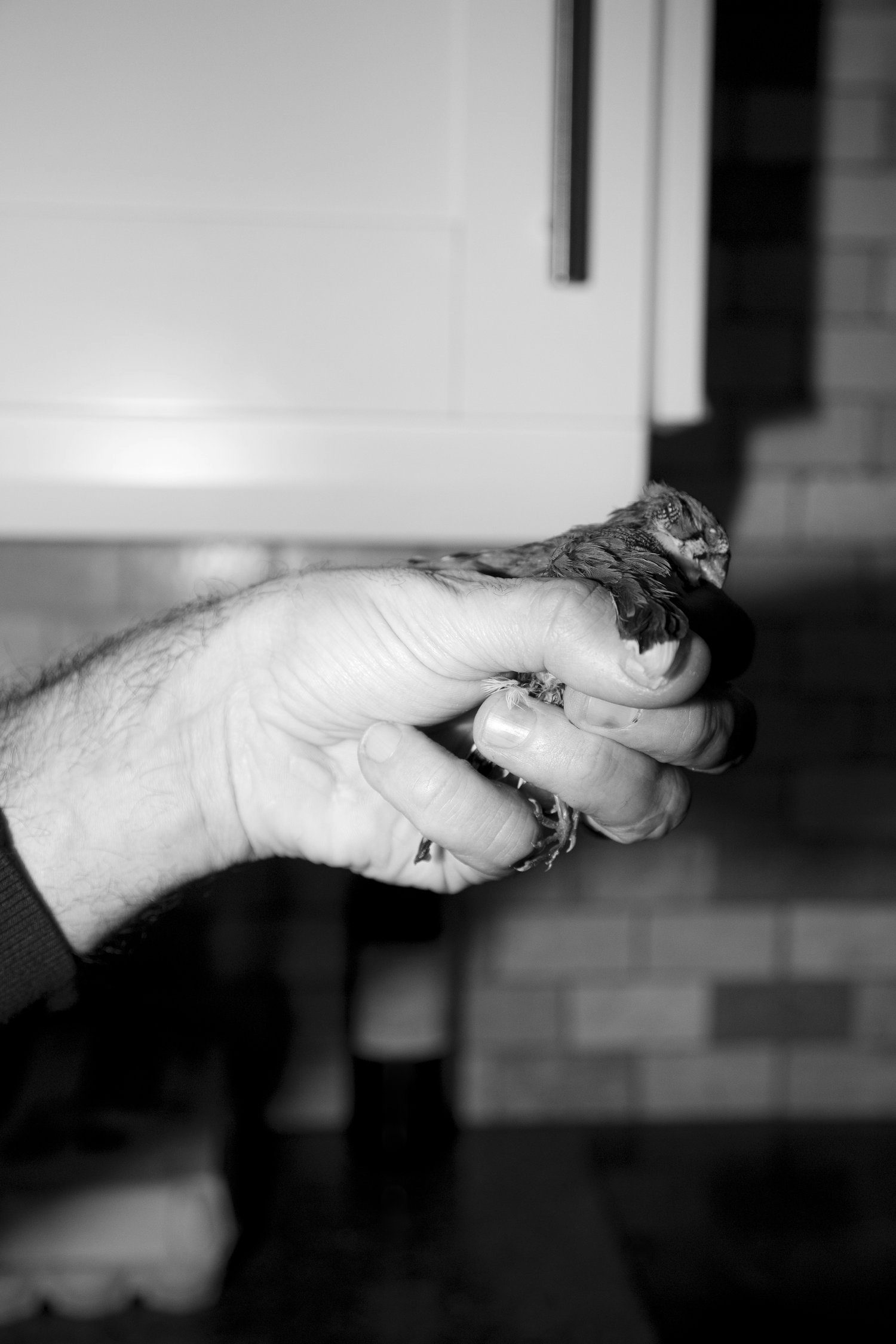
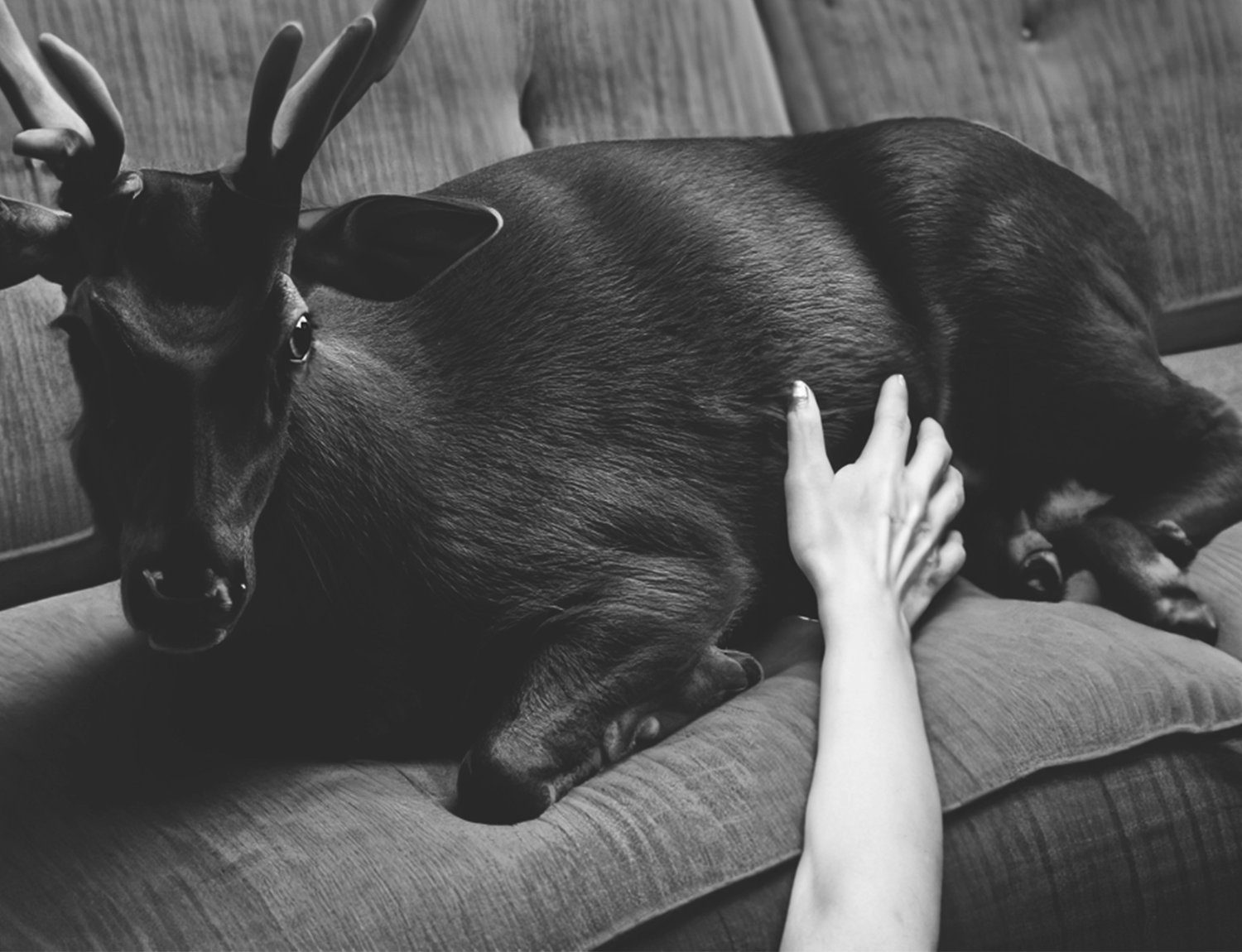
“I’ve been silent for so many years,” she explains. “My growing desire to challenge cultural norms and pursue ambitions were not compatible with the suffocating standards of the male-dominated society in southern Italy. Photography is my medium to express all my dissent and my desires. To deal with uncomfortable truths and resolve the wounds of my past. It opens up a different reality for me; it’s a way to give myself a voice.”
Marino’s visual language is steeped in esoteric symbols, superstitions and dream interpretations rooted in her Neapolitan culture. These metaphorical codes evoke a haunting mysticism in her images, enabling her to reach for invisible and ineffable experiences.
Photography is my medium to express all my dissent and my desires. To deal with uncomfortable truths and resolve the wounds of my past. It opens up a different reality for me
“These methods, which I have related to since childhood, act as a channel to open new perspectives,” she says. “They invite the audience to explore allegorical content actively, leaving space for their own interpretation.” Marino offers the viewer a journey of sensation, a visual provocation to reflect on the psychological impact of fear and trauma, crafted through visceral vignettes.
As if in direct contrast, her latest project, New Moons, proposes a new beginning for female liberation. Made during the overthrow of Roe Vs Wade in the United States, while Marino was desperately yearning for an alternative future, she decided to focus on preparing the women of tomorrow to rebel against gendered social structures.
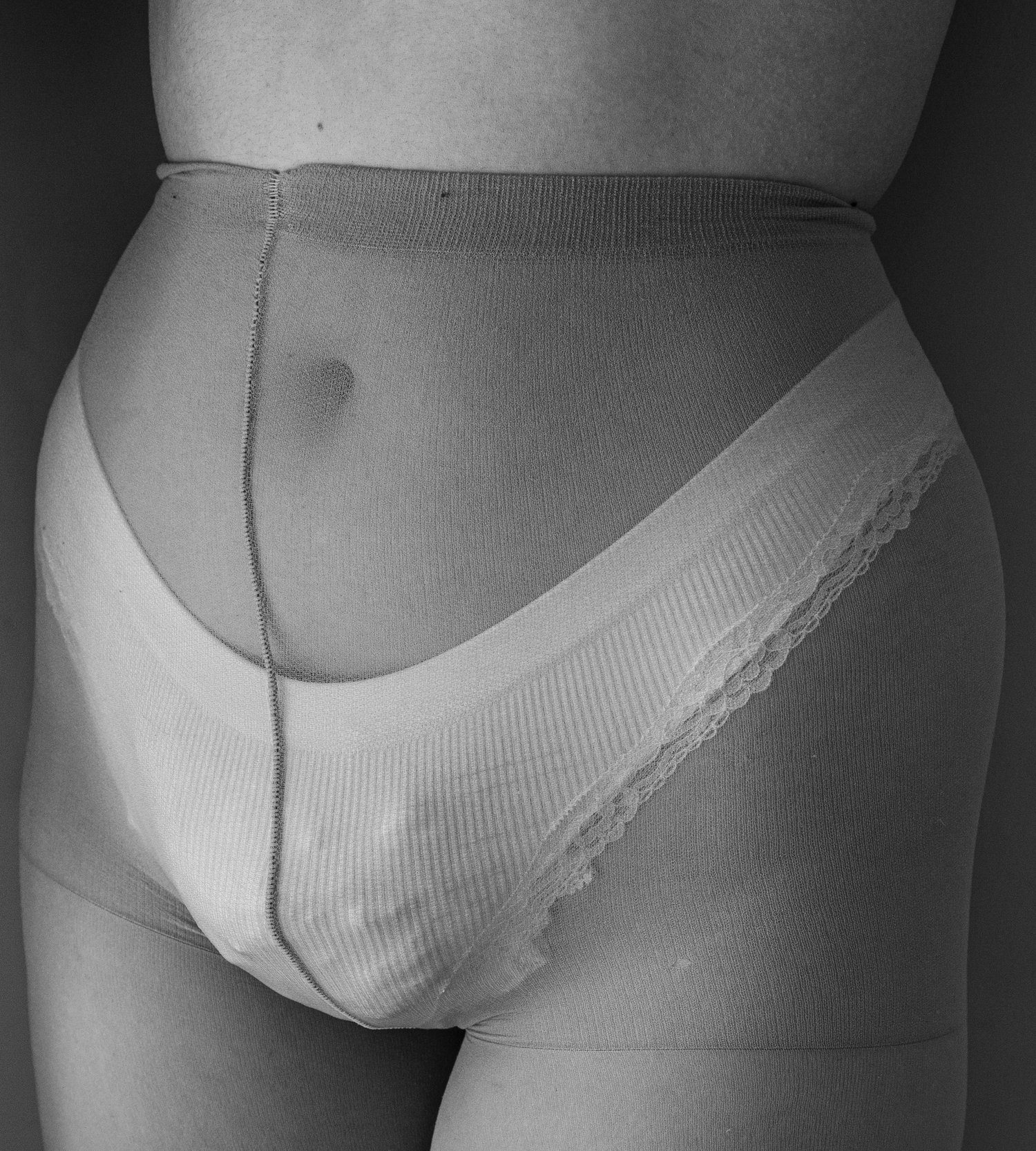
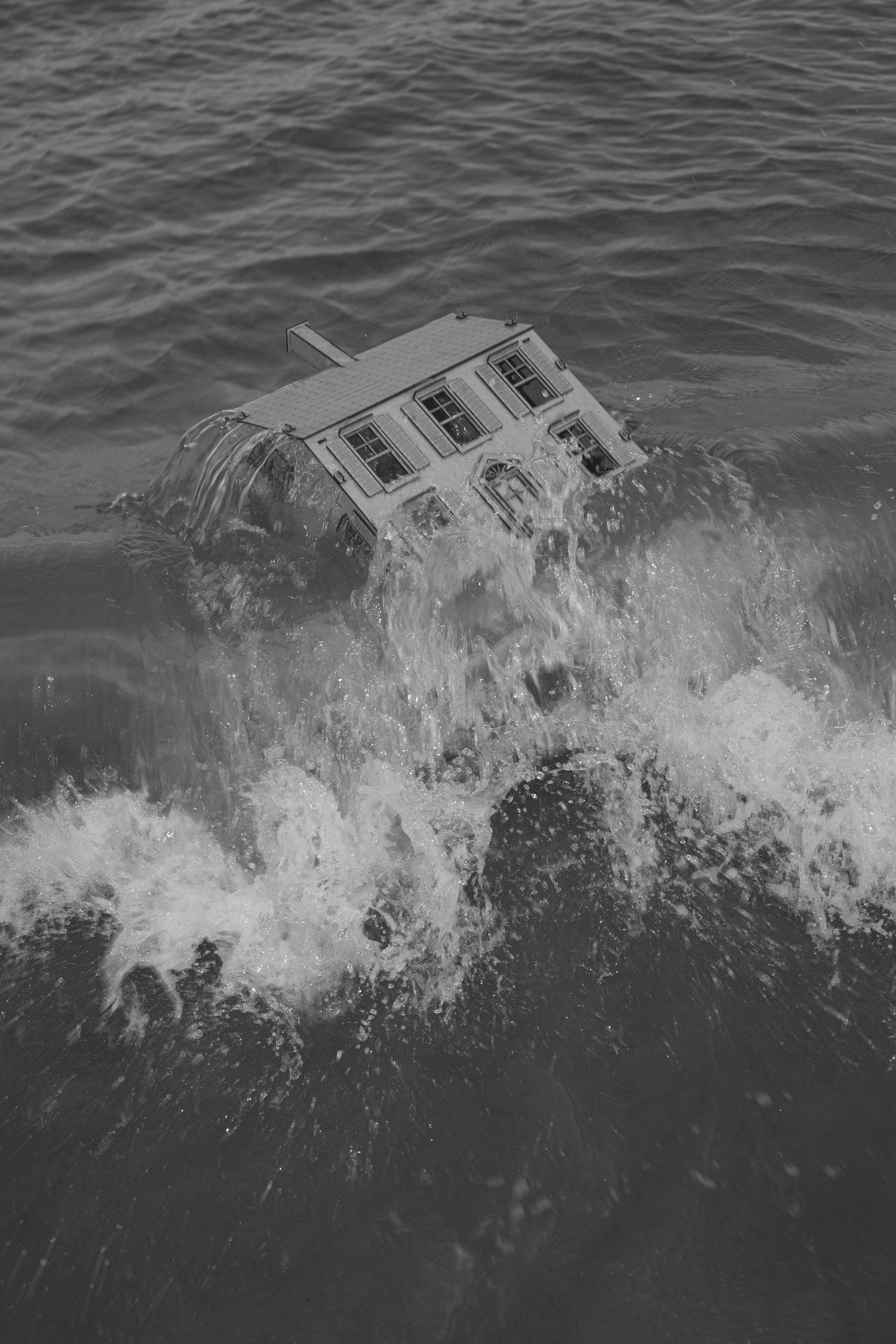
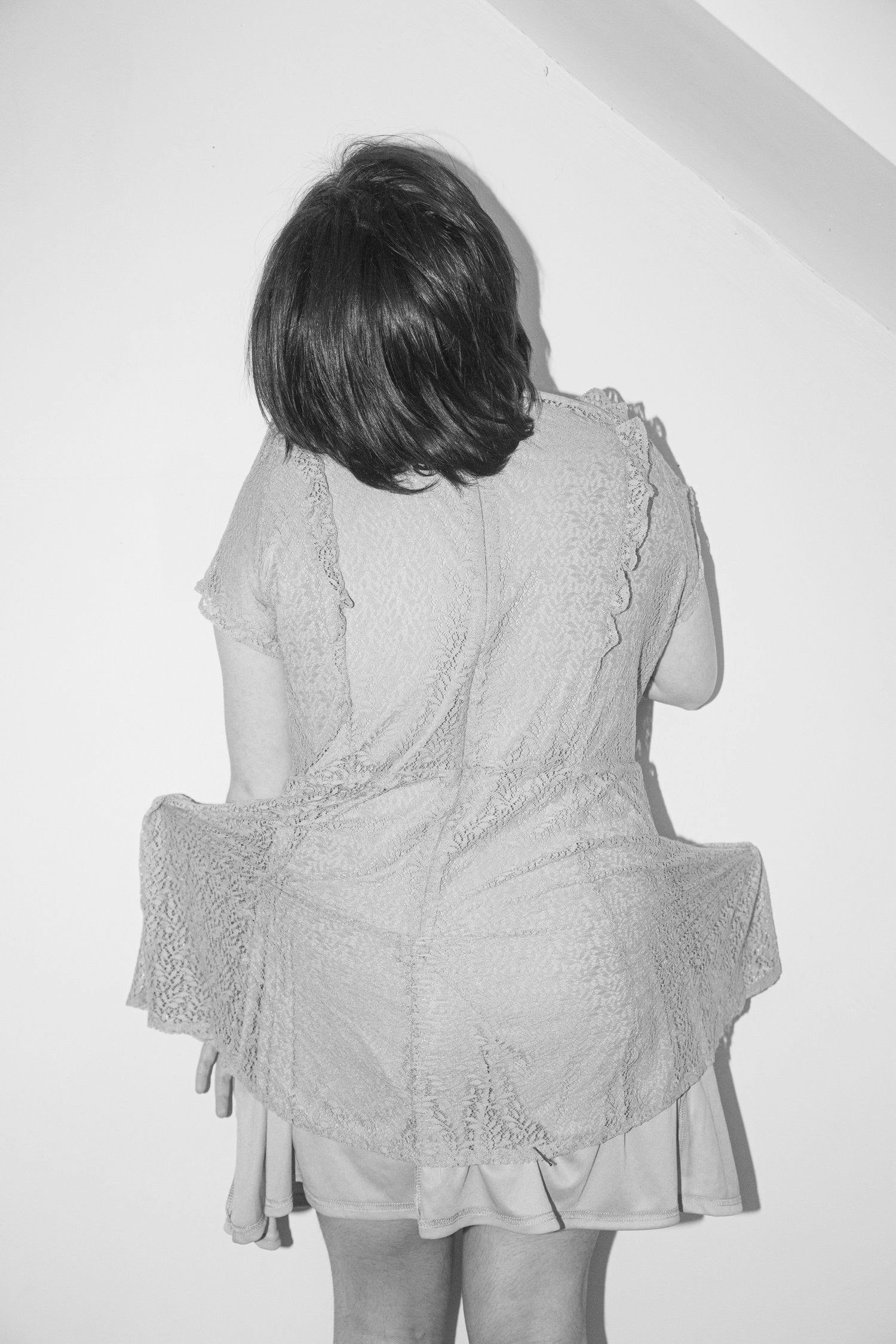
Here, she conjures a subtle tone shift in the images, releasing her protagonists from the heavy burden of domestic oppression into a mode of healing, reclaiming concepts such as falling as a symbol of liberation rather than failure. If Paterfamilas was about vulnerability and trauma, New Moons is about female union, solidarity and advocating for social education to empower women towards emancipation.
Creating her visual world, which she describes as a hybrid between dynamic observer and documentary making, isn’t achieved through a conventional photographic approach. “My productions operate in a fluid manner responding to various factors including personal needs, emotional states, and even subconscious influences such as oneiric visions,” she explains.
“I’m interested in collecting elements, moments and scenes deposited in the recesses of my consciousness and then transforming them into new forms. It’s about venturing into my inner world and exploring the space between perception and reality.”
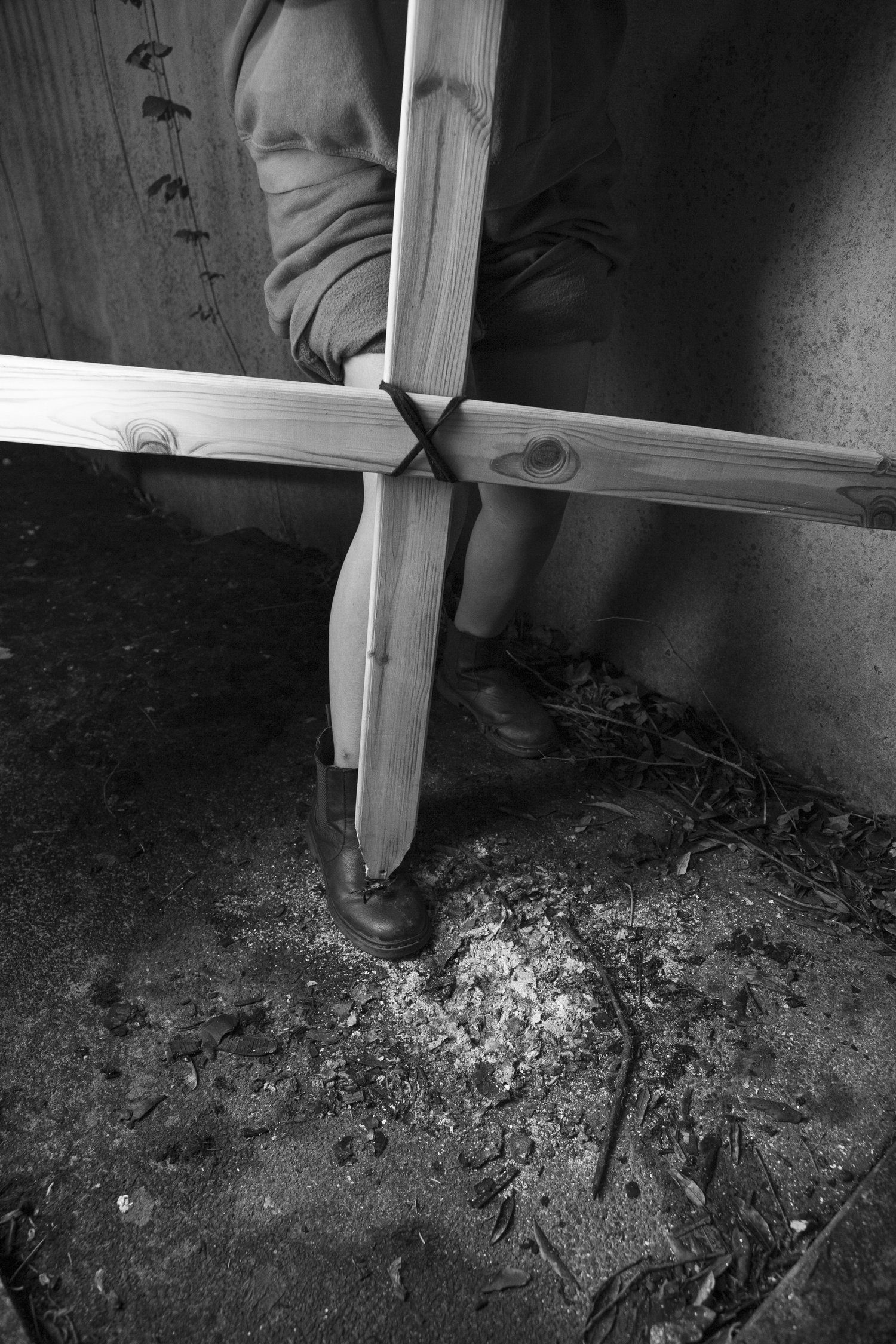
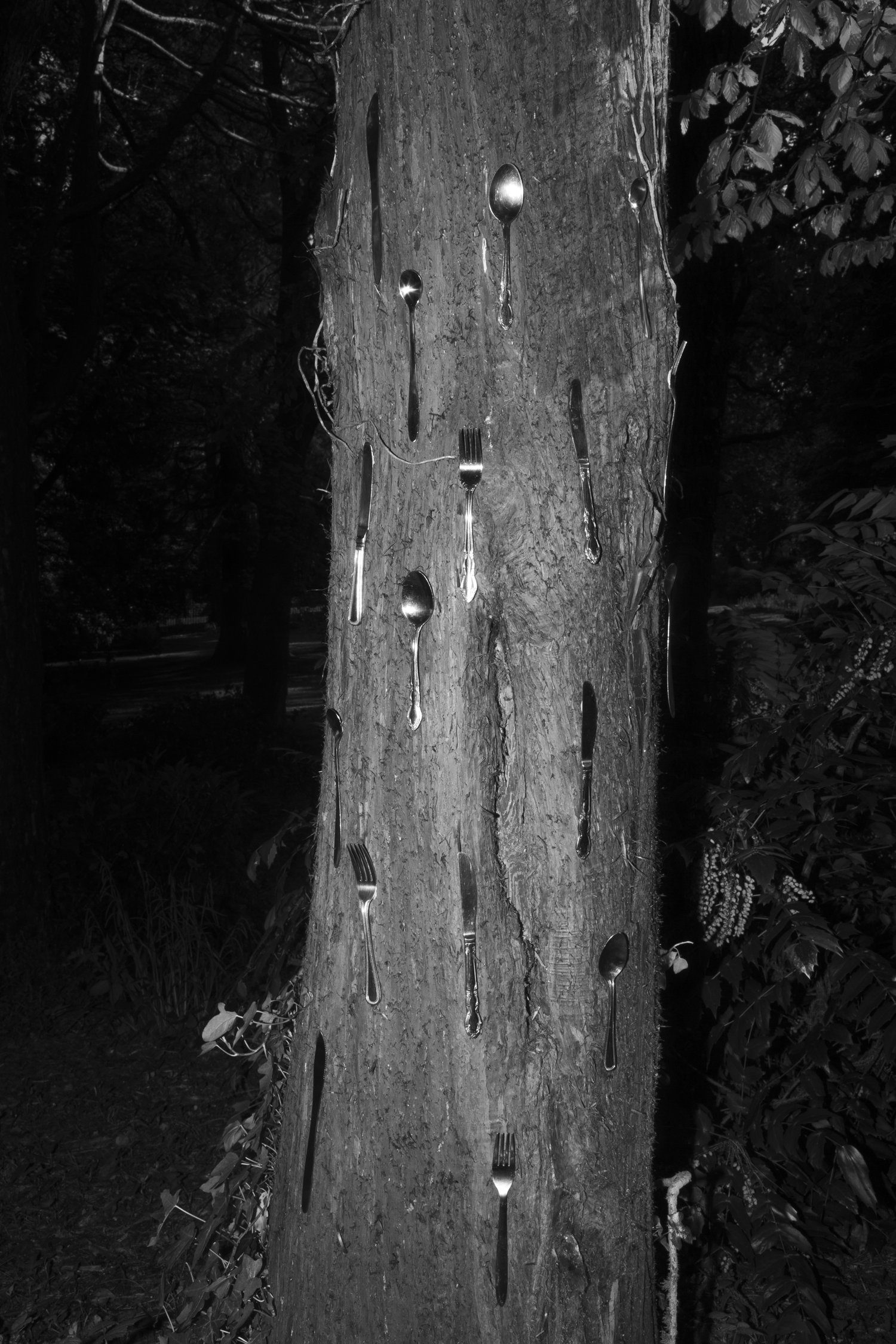
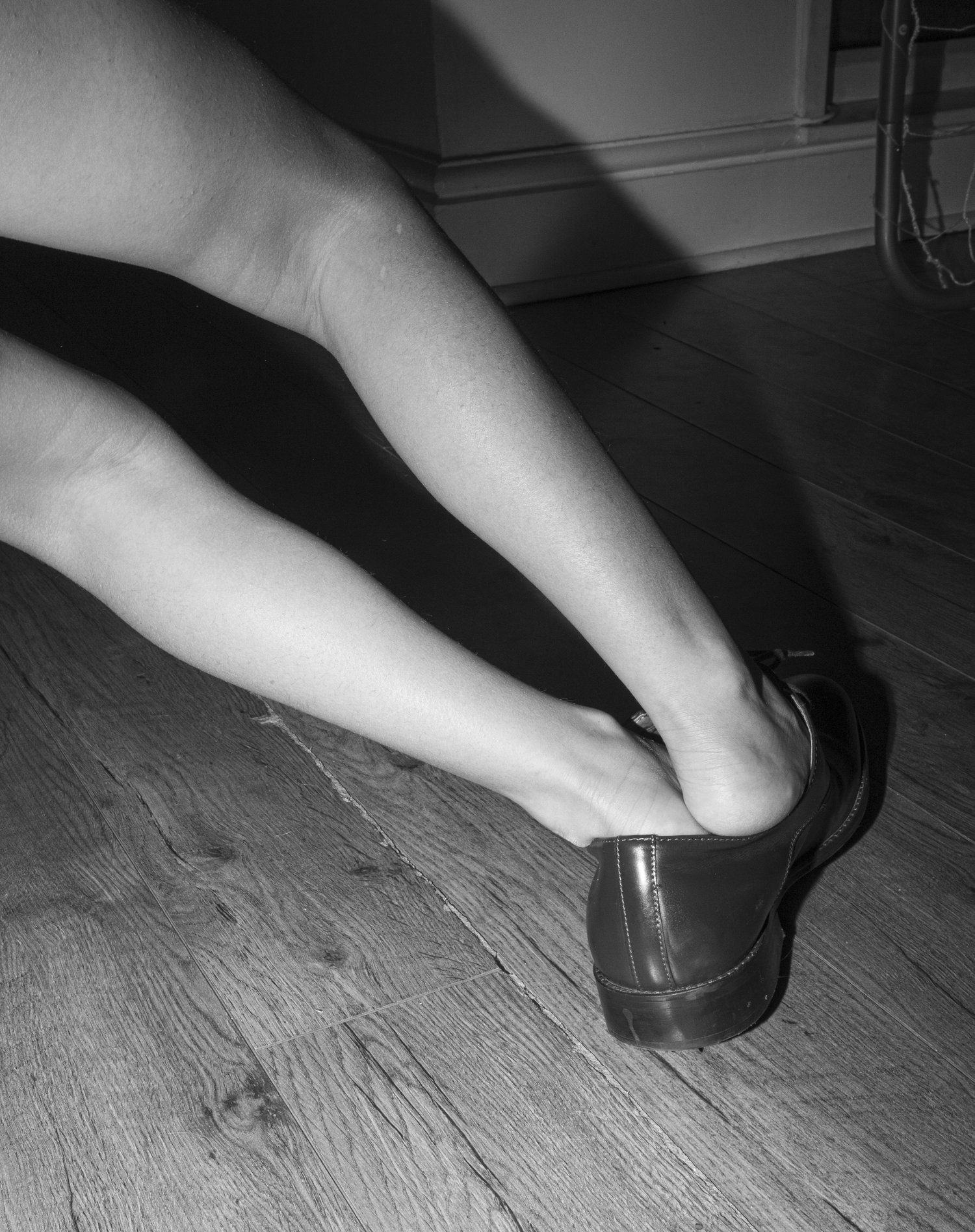
Despite her emerging status, Marino’s work has received much acclaim in a short period. She was recently selected for the Florence Biennale, won the Hahnemühle Student Award 2024 at Photo London, and has exhibited nationally and internationally at Peckham’s Copeland Gallery, Serchia Gallery in Bristol, and Casa Azul in Switzerland. In addition to developing her personal work, she also takes on commercial and documentary commissions, exploring what her distinct approach can offer in multiple contexts.
While finding freedom through image-making has long been the purview of photography, we are seeing more and more artists pivot to political storytelling to do anything they can to create a conversation around the urgent topics of our time. For Marino, image-making is a space to critique, challenge, provoke, and ultimately invent her own feminist future. “Making work is my commitment to women,” she says. “This is my contribution to society.”
